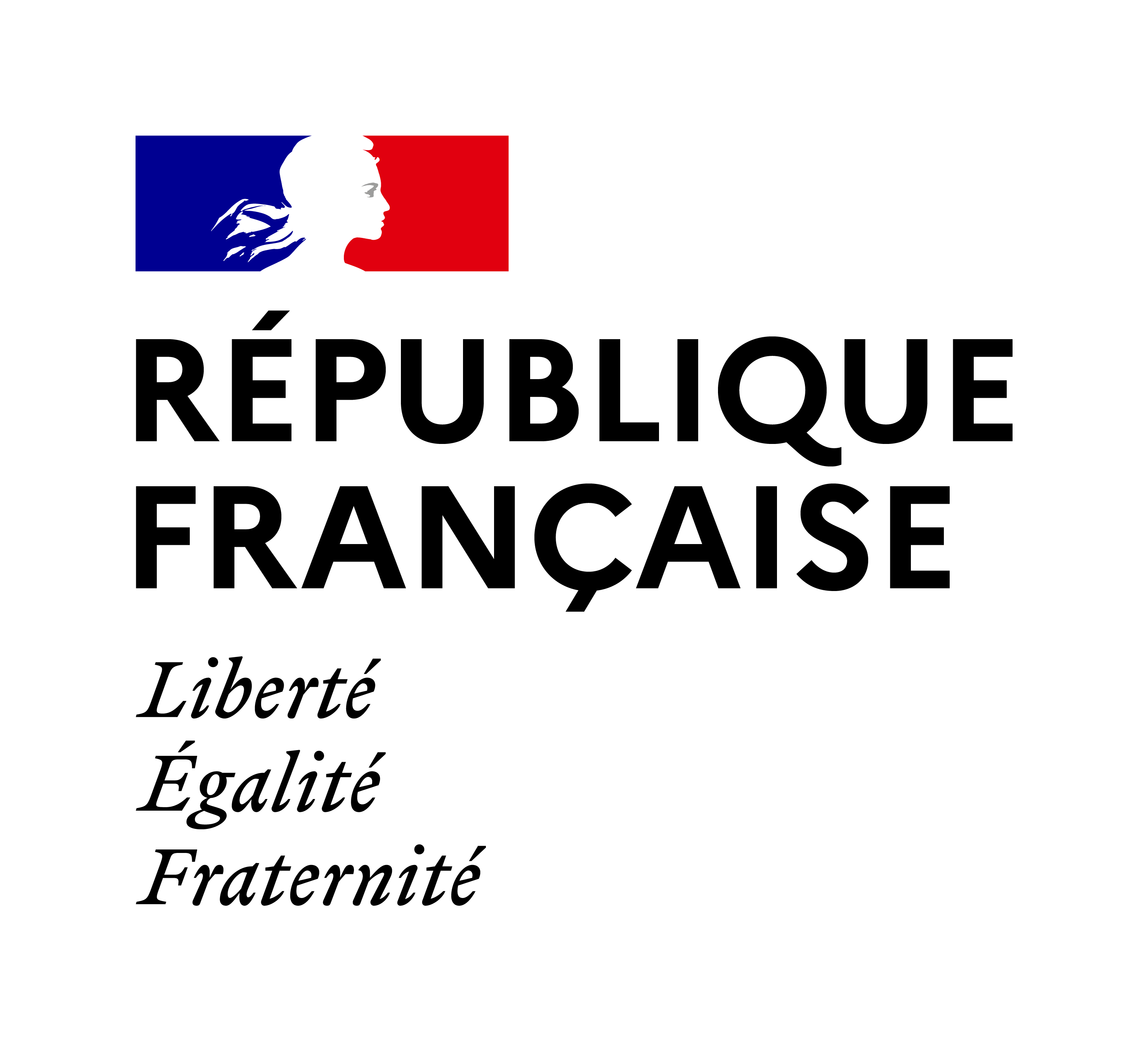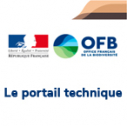STUDY: the French Biodiversity Agency examines 80 levers for action to better integrate biodiversity into renewable energy projects
At a time when the territorial deployment of renewable energies (RE) is accelerating, the French Biodiversity Agency (OFB) has published a study, commissioned from the consultancy firm PwC, aimed at identifying and promoting the levers developed internationally for integrating biodiversity into solar photovoltaic (ground-mounted or floating) and onshore wind farm projects. After cataloging initiatives in the field in eight countries, this study examines 80 levers for action and avenues for consideration for their possible activation in France.
Renewable energies are at the heart of France's strategy to mitigate climate change and maintain its energy sovereignty. There has been strong growth in projects in recent years, and this is set to intensify further with the passing of the law on accelerating the production of renewable energies in March 2023. However, the development of these energy infrastructures requires a great deal of land, creating additional pressure on natural environments and the associated wildlife. According to the French National Biodiversity Observatory, the destruction of habitats and the fragmentation of ecosystems over the last decade, particularly for land-use planning purposes, are the most important drivers of biodiversity loss in France.
As part of a project financed by the European Union's LIFE program, OFB commissioned the consulting firm PwC and Sorbonne University's Institute for Ecological Transition to carry out a review of scientific knowledge and grey literature on the various levers available to reconcile energy transition and biodiversity protection. With the support of a monitoring committee, the study then identified over 80 international levers that could be activated in France by the entire chain of institutional, private and civil society players.
The vast majority of these levers are likely to be activated during the upstream planning and budgeting stages of projects, way before they are designed and appraised. An in-depth examination of 10 of them highlights the approaches, tools and criteria used, as well as their advantages and limitations. In all, 13 courses of action were put forward for discussion by the monitoring committee, nearly half of which have strong points of consensus.
Classified into three main categories, these levers for action are economic, technico-regal and socio-cognitive.
Economic levers
The study highlighted 21 international examples of economic levers to mitigate the impact of renewable energies on biodiversity. These can be grouped into the following four categories:
- Environmental taxation, such as the tax on wind turbine masts set and applied by local authorities in Belgium. This tax ranges from 0 to 17 500 euros, depending on the extent of the environmental and landscape impact induced by the wind turbine mast and blades.
- The fight against harmful subsidies and the conditionality of public aid. In Spain, the environmental rating of projects will make up 15% of the overall rating for future calls for tender. In Ireland, all projects supported by the Renewable Electricity Support Scheme will be required to contribute 2 euros/MWh to a Community fund.
- Conditional private financing. In the United States, biodiversity criteria are sometimes mandatory to obtain certification guaranteeing the "green" origin of electricity. Similar criteria exist for biomass and hydroelectricity.
- The financial anticipation of impacts and their environmental counterparts, through the implementation of "supply-side" compensation measures. In Germany, decrees set out at the Land-level describe the methods for calculating the need for compensation and the offer of compensation required in return ("Ökokonto"). This standard method provides objective, harmonized calculations and project security. Eco-points can be converted into monetary units that can be transferred to the local authority to implement ecological restoration measures.
Of all the examples studied, three in particular caught the attention of the monitoring committee and were the subject of an in-depth study: "biodiversity" labels in renewable energy projects, the creation of specifications associated with financial support mechanisms for renewable energies (calls for tender, public calls for projects) and the inclusion of biodiversity in long-term electricity purchase agreements (Power Purchase Agreement, PPA).
Technical and legal levers
With regard to technical and legislative levers, 31 examples were combed through to identify three types of action:
- Tools to support the territorial deployment of renewable energies. In the UK, the government has launched the "MAGIC MAP" mapping app. Accessible to all, it centralizes public information on renewable energies and the environment. In particular, it enables renewable energies developers and local authorities to check the eligibility of project sites, with regard to their proximity to protected areas.
- Framework documents setting out the expectations of administrative authorities with regard to the design and monitoring of renewable energy projects. In Germany, the design of onshore wind farms is technically pre-set by each Land. In the Netherlands, project developers of floating solar power plants are obliged to apply a standard environmental monitoring protocol that has been scientifically established, with the aim of deploying this emerging sector while at the same time providing knowledge of impacts based on robust data.
- Scientific and technical tools to support the eco-design of renewable energy projects. In Germany, the ProBat software, which aims to reduce bat mortality, is now compulsory. This model also calculates the loss of revenue associated with machine shutdown, so that the effects of mitigation measures can be integrated into the park's economic model.
All these levers proved to be serious avenues of reflection for the monitoring committee.
Socio-cognitive levers
Finally, an analysis of some thirty socio-cognitive levers shows the importance of integrating biodiversity into projects as a vector for the societal acceptability of renewable energies. Three main types of action were identified:
- Raising awareness, informing and supporting stakeholders. The study identified four resource centers that can help make debates more objective by disseminating scientific and technical knowledge on the impact of renewable energies on biodiversity and solutions to remedy the situation. In Germany, one of the resource centers also offers the support of mediators to resolve conflicts linked to the protection of nature in the context of renewable energy projects.
- Citizen participation in the deployment of renewable energies. In the Netherlands, a 5-stage step-by-step approach, including a typology of projects according to their level of impact on the landscape and biodiversity, enables local authorities and citizens to prioritize issues and participate in the choice of the best project sites within their municipality.
- Supporting renewable energy companies in their voluntary efforts to self-assess and reduce their impact on biodiversity. In Ireland, the wind energy company SSE Renewables publishes a "biodiversity plan" in which its impacts on biodiversity are assessed, and the mitigation measures implemented and their effectiveness communicated. Other companies are committed to reducing their carbon and biodiversity footprints as part of their corporate social responsibility (CSR) policy.
In view of the levers studied, it would seem essential to set up a French national resource center to disseminate scientifically robust information, share feedback, promote best practices and support the entire chain of players. The development of decision-making tools and the use of participatory science are also promising ways of reconciling the territorial challenges of preserving biodiversity and deploying renewable energies.
Through this benchmark, OFB aims to reconcile the challenges of energy transition and biodiversity protection, and to mobilize all the players involved, be they institutional, industrial, financial, associative or citizens.




